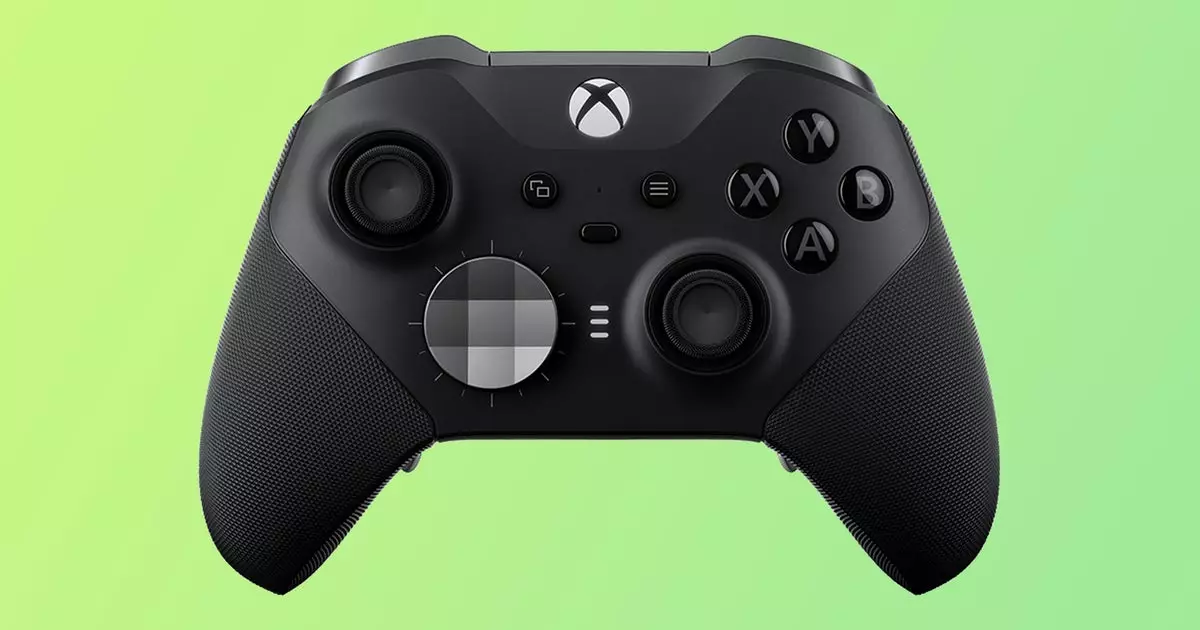The Boycott, Divestment and Sanctions (BDS) movement has garnered attention recently for its directive urging individuals to boycott Microsoft’s gaming platform, including its renowned products like Game Pass, Minecraft, and Call of Duty. This initiative emerges from unsettling allegations linking Microsoft’s technology to the Israeli military’s operations in Gaza. As the global conversation surrounding social justice and corporate accountability intensifies, the implications of the BDS movement’s stance resonate with wider debates on tech involvement in geopolitical conflicts.
The timing of this boycott is crucial, coinciding with escalating tensions in the Middle East. Reports surfaced in January alleging that Israeli forces utilized Microsoft’s Azure cloud computing system and AI technologies amid their military actions in Gaza. The joint investigation by the Guardian and other partners painted a troubling picture of technology serving the ends of militaristic ambitions. Communication systems and AI frameworks designed for efficiency and innovation have morphed into tools that facilitate surveillance and military operations, challenging the notion of ethical tech.
The Allegations and Their Consequences
The gravity of the accusations against Microsoft reveals a disturbing trend: technology companies increasingly shaping the fabric of global conflicts. Allegations assert that Microsoft has “deepened” ties with Israel’s defense sector, following a significant escalation of violence in October 2023. Reports indicate that these technologies are employed not only for administrative tasks but also for combat-related intelligence activities, questioning the ethical compass guiding such partnerships.
Furthermore, the revelation that Microsoft allegedly provided the Israeli military with robust AI capabilities—namely, access to OpenAI’s GPT-4—raises serious ethical considerations. Could the foundational principles of innovation and technological advancement be satirically inverted, empowering forces engaged in conflict rather than fostering peace and understanding? Such queries should linger in the minds of consumers who wield their purchasing power not just for entertainment value but for ethical consumption.
Grassroots Activism and the Role of Former Employees
The call to boycott Microsoft’s gaming offerings has been notably amplified by two former employees, Abdo Mohamed and Hossam Nasr. Their experience transcends simple corporate grievances; it represents voices of dissent against the business practices of one of the world’s leading tech giants. After hosting a vigil to honor Palestinians who lost their lives during the recent escalations in Gaza, both activists faced termination from Microsoft—sparking a rallying cry for collective action among concerned consumers.
This nexus of employee advocacy and grassroots activism is increasingly relevant in an era where social media and digital platforms can swiftly mobilize support. Far beyond conventional protests, the digital age enables movements like BDS to reach global audiences instantly, emphasizing the power that current and former employees have in shaping dialogues around corporate ethics and responsibility.
Past Precedents and the Weight of Historical Context
This is not the first instance where the BDS movement has targeted Microsoft in the name of social justice. In 2020, criticisms arose regarding Microsoft’s investment in AnyVision, a company developing facial recognition technology reportedly used at contested checkpoints. The subsequent divestment illustrated the potential for consumer and activist pressure to alter corporate strategies. However, the question remains: Are these actions temporary fixes to deeper systemic issues, or do they signify a longer-term shift in corporate accountability?
As the BDS movement places Microsoft under heightened scrutiny once again, it is essential to evaluate not only their current standings but also the ramifications of tech companies’ entanglements in geopolitical strife. The resulting discontent among gaming communities and consumers can lead to a re-examination of loyalty to brands that may inadvertently support harmful practices.
Consumer Power and Ethical Responsibility
In an age characterized by heightened awareness towards ethical consumption, consumers are prompted to reflect on where they draw the line. The engagement with gaming products becomes intertwined with moral implications surrounding global justice. Is the recreation and escapism offered by these platforms worth the potential complicity in unethical practices?
Ultimately, consumers have significant power to influence corporate behavior. The call to boycott Microsoft isn’t merely about refraining from purchases; it signifies a growing recognition of brands’ roles in broader societal issues. As the BDS movement invites people to consider the impact of their choices, it challenges them to align their consumption with their personal values—fostering a conscientious consumer landscape that prioritizes humanity over profitability.


Leave a Reply